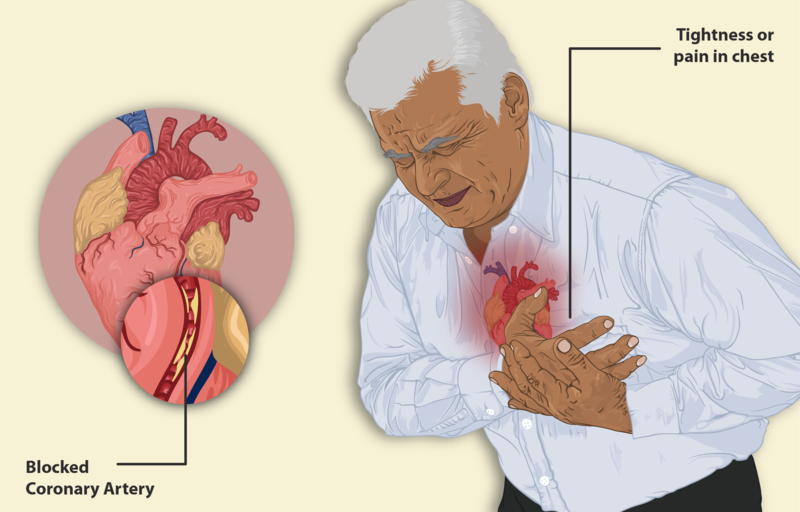A potential game-changer in heart health management is on the horizon. Researchers at Colorado State University have developed a groundbreaking electrochemical biosensor capable of detecting heart failure biomarkers in just 15 minutes using a simple saliva sample.
This non-invasive, point-of-care device, presented at the American Chemical Society’s fall meeting, could transform heart failure diagnosis and management. Traditionally, detecting heart failure has relied on invasive blood tests and complex medical procedures. This new saliva-based test promises to make early detection more accessible and convenient.
How does it work?
The biosensor measures levels of two crucial heart failure biomarkers in saliva. The device, which resembles a rapid COVID-19 test, delivers results swiftly, enabling timely interventions and potentially saving lives.
One of the biomarkers it measures is B-type natriuretic peptide (BNP), a protein that indicates the heart is under stress.
Recent advancements in point-of-care technology may further revolutionize this process by introducing easy-to-use at-home saliva tests. Researchers suggests that these tests could enable individuals to monitor their heart health every few weeks instead of relying solely on biannual checkups.
While this research is still in its early stages, it represents a significant leap forward in heart disease prevention and management. If successfully developed into a commercial product, this saliva test could revolutionize how we approach heart health, particularly in remote or underserved areas.







